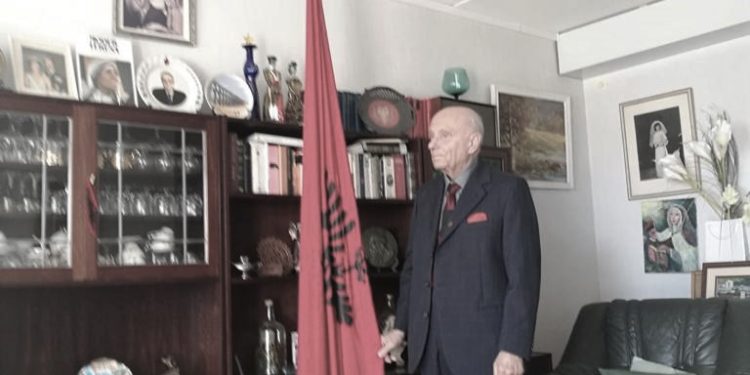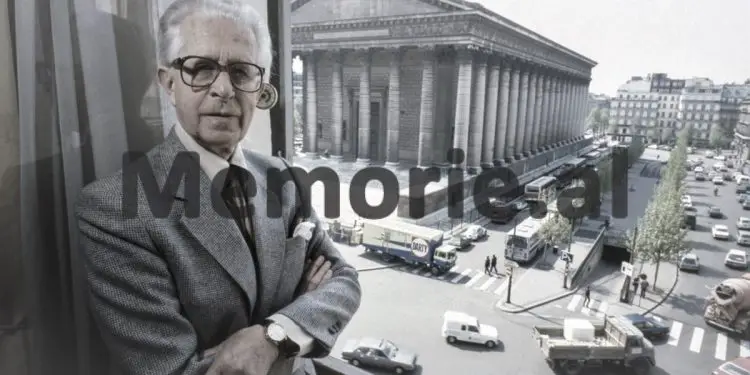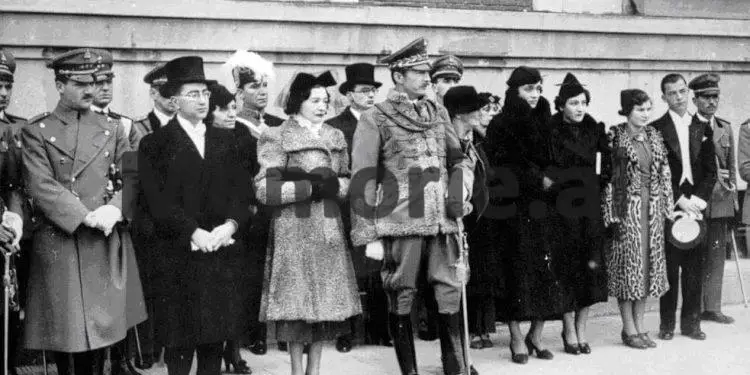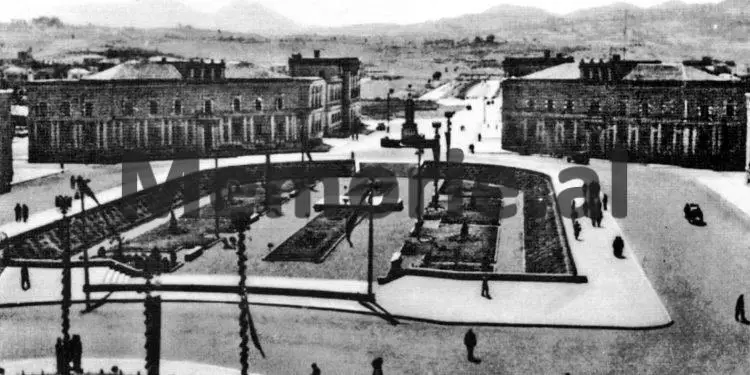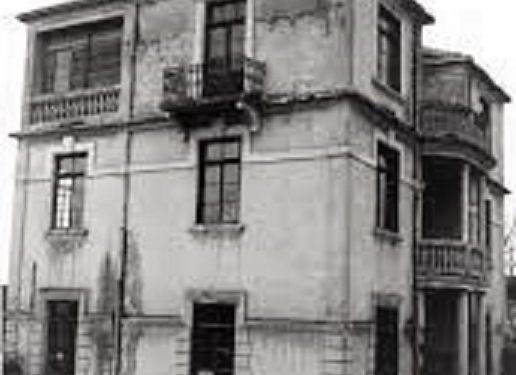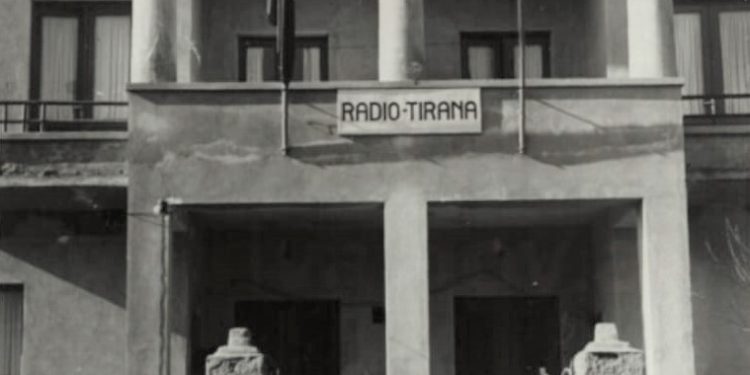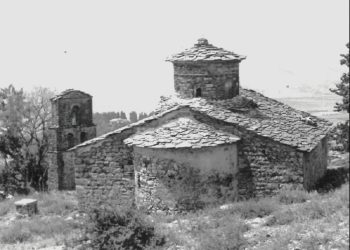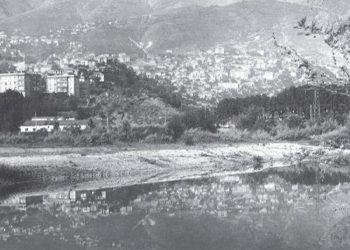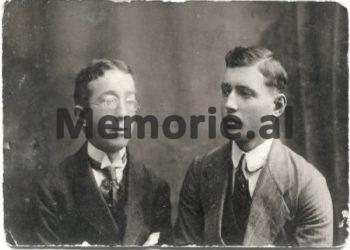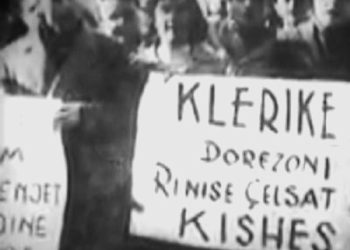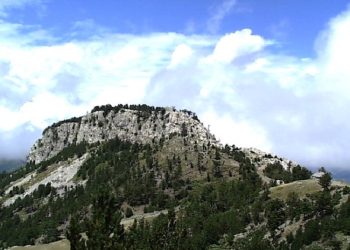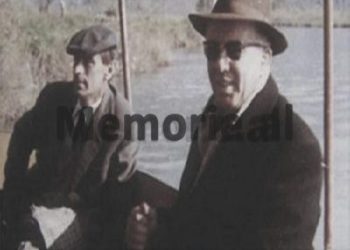Prepared for publication, Adil Biçaku and Shuquri Sejdiaj Stockholm
Memorie.al / (Between 2010-2014, I worked on the digitization of the Sweden Radio archive, where we digitized nearly 1 million discs, tapes, and CDs, and suddenly I found this telephone report from 1937, which was about Albania. I also have this report in my personal archive).
Report from Tirana by journalist Sven Aurén for Swedish National Radio on November 27, 1937
The small Kingdom of Albania on the edge of the Adriatic has begun to be recognized somewhat better here with us (in Sweden, ed.) than, let’s say, 5-6 years ago. But it does not yet claim to have attracted much attention. Ah, how many great things are happening in the world at this time?!
There are so many unprecedented events in big politics; there are so many rumors, so many ominous clouds, so many signs of different kinds that we hardly have time to be interested in small countries, which are more picturesque than imposing, more friendly and peaceful than powerful and malicious.
But this is a sin, because this Albania is a country in today’s Europe, which is worth being interested in. Precisely tonight, the final preparations are being made for those great celebrations that begin tomorrow to commemorate the 25th anniversary of Albania’s independence.
A large book, called the Golden Book, has been distributed to Albania’s friends around the world, which describes the achievements of this small country under the leadership of King Zog I.
In the capital Tirana, which, let’s say in passing, has transformed from a village into a city in a short period of time, a number of buildings stand ready to be inaugurated. One of them is the Tirana radio station. Until today, Albania has not had its own radio broadcasts.
The public has been able to listen to foreign radio programs, mainly Italian. From now on there will be permanent local programs, and the first point of the first program will be a Speech to the Albanian Nation, by King Zog.
This is the first time that the Albanian language will be heard from the speakers of radios all over the country. Albanians may indeed be poor, but they nevertheless have radio sets. I have seen them in small primitive villages at 2000 meters altitude, in Muslim monasteries in the valleys, and in the oriental palaces of the beys.
You are listening to Radio Tirana: this is, therefore, one of the events of this jubilee. Meanwhile, another object that King Zog will inaugurate during the festive days—since the 25th anniversary will be celebrated for 7 consecutive days—is a Pantheon, built in the capital, in memory of the great men of the nation.
For example, the national hero of the Albanians, Skanderbeg, and Ismail Qemali Bey, especially the latter, as Ismail Bey Qemali is the name of the days in Albania. It was this man who, in a land occupied by foreign armies, amidst chaos and confusion, which had no equivalent at that time, gathered 83 representatives of the Albanian nation in the small port of Vlorë to declare Albania’s independence.
At first, the world refused to take this declaration of freedom seriously; Albania was a country that had never been independent before. But later, it was seen as fitting to accept this freedom as a completed fact. Today, the result of this acceptance is seen: a small, aspiring, energetic Kingdom, whose honest and hardworking citizens gain more and more respect and honor every day. So, as you heard, there are plenty of reasons to celebrate.
The events will not cease with these two inaugurations; jubilee coins have been minted and a series of jubilee books have been published in the Albanian language. Every coming day and week will be celebrated in Tirana style, with military parades, theater performances, and concerts. Precisely tonight, I believe that a young Albanian feels quite nervous. It concerns the boy who, just half a year ago, won first place in the national contest for a new Albanian national anthem.
The anthem that they had here before was considered too influenced by foreign culture by the government. The new anthem will be sung tomorrow for the first time in all the cities of the country.
Now I do not have the opportunity to report in further detail about the jubilee celebrations of the kingdom that is celebrating—I will have the chance later, in the middle of the coming week—but my heart desires that the Swedish public can try to imagine the image that Tirana will present this Sunday.
In the streets and in the market neighborhoods, a throng of peasants and citizens in the most beautiful national costumes of the Balkans. Flags in every home—the flag of Albania, by the way, is among the most imposing and original I know, a black double-headed eagle on a blood-red background. Officers in parade, solemn sermons in mosques. The initials of King Zog on every Albanian door. Purely Albanian music, military marches…! /SA, Shs/ Memorie.al




